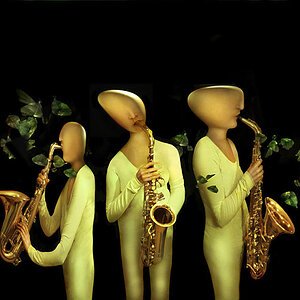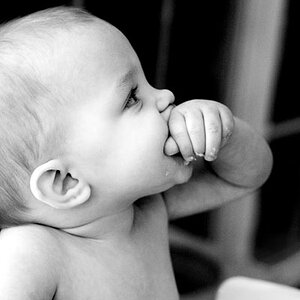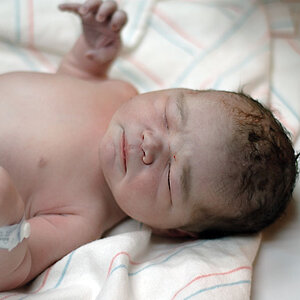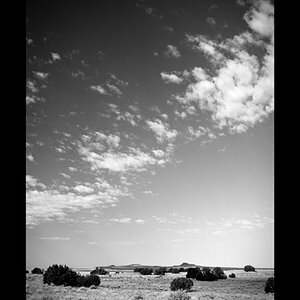thebeginning
TPF Noob!
- Joined
- Jan 10, 2005
- Messages
- 3,795
- Reaction score
- 30
- Location
- Texas
- Website
- www.danielcolvinphotography.com
- Can others edit my Photos
- Photos NOT OK to edit
i'm a novice with film still, and I was wondering what might be some good brands for film. I'm mostly looking for crisp, high contrast bw film (but some nice looking color too). So far I havent been able to buy any film except for at local places like walmart so i've only bought kodak and fuji a couple of times. Any suggestions?









![[No title]](/data/xfmg/thumbnail/38/38735-2245cc1b04db3f96fa74095ae14558a6.jpg?1619738703)




